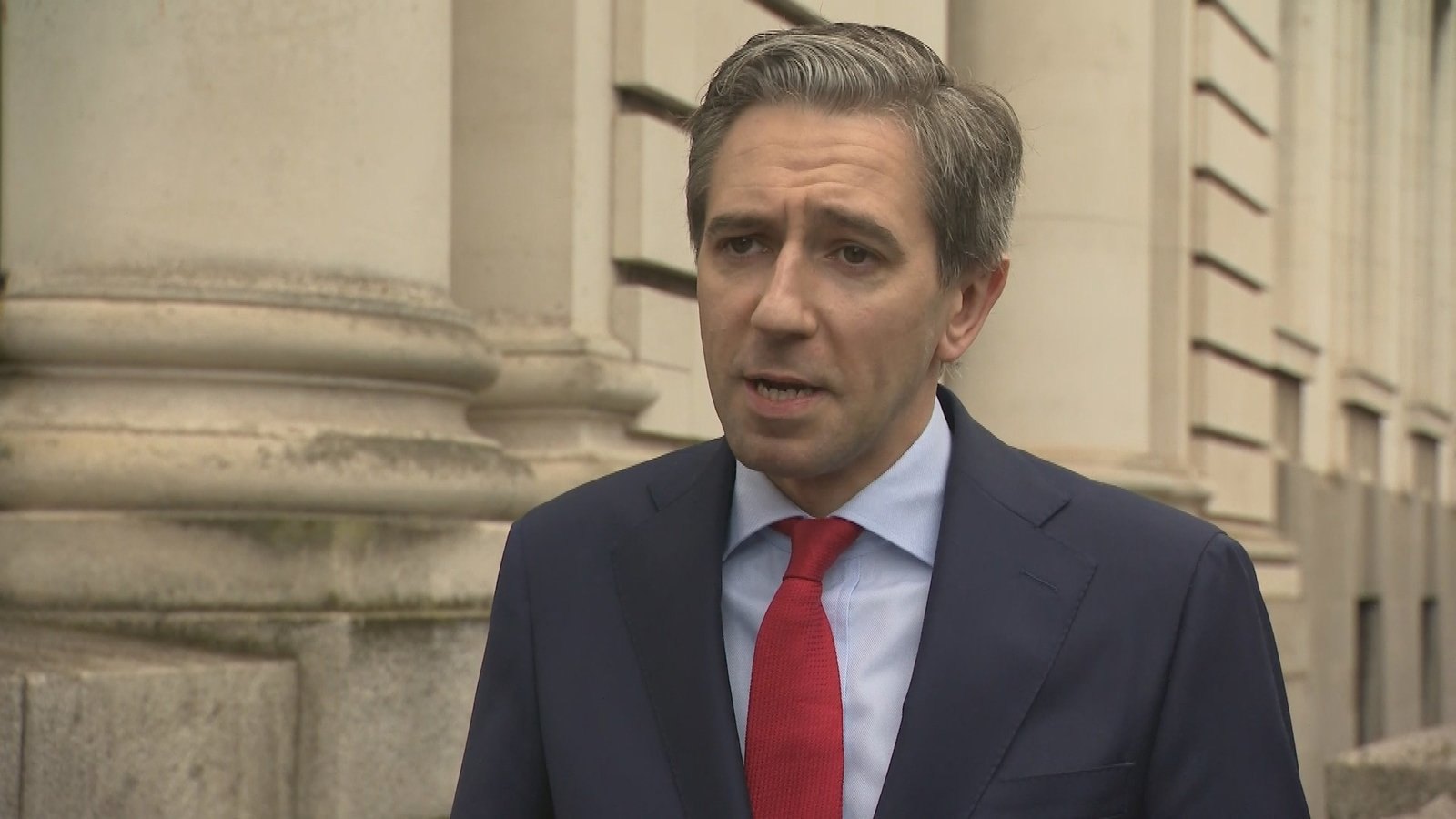Farm groups say ‘huge uncertainty’ over EU nature law


Farming organisations have expressed concern about the nature restoration law backed by EU environment ministers at a meeting in Luxembourg last night.
The new law, which was subject to lengthy delays, is a central measure of new EU environmental law which requires member states to move to restore nature on a fifth of their land and sea by 2030.
IFA president Francie Gorman said there is huge uncertainty about how the law will be implemented and about how it will be funded.
“The approach by the Commission to bring in a law in this area rather than a properly funded, EU-wide, voluntary scheme, is totally wrong. The reality is that there is a huge amount of uncertainty about how this law is going to be interpreted at Member State level,” he said.
Mr Gorman said no national impact assessment has been carried out and it is not clear how it will impact on food production and food security.
“The Irish Government was wrong to support the introduction of this law without the completion of an impact assessment and a dedicated budget to support its implementation. A huge of amount of work is now needed on how this law will be implemented in Ireland,” he said.
Mr Gorman also warned the IFA ” will not stand for farmers’ property rights or their right to farm their land being undermined”.
The ICSMA has also expressed concern about the lack of funding to support implementation of the law.
Denis Drennan president of the ICMSA said: “We now need to see – and as an emergency – how this intrusion is going to be funded out of new specifically allocated funding and also an official confirmation that no farmer or private landowner will be compelled or ordered to take actions that the State or any external agency decides upon as meeting individual obligations under the NRL. Any ‘on farm’ actions under the NRL must only be voluntary and at the discretion of the individual farmer.”
The policy aims to reverse the decline of Europe’s natural habitats – 81% of which are classed as being in poor health – and includes specific targets, for example to restore peat lands so they can absorb CO2 emissions.
EU countries had planned to approve the policy in March but called off the vote after Hungary unexpectedly withdrew its support, wiping out the slim majority in favour.





